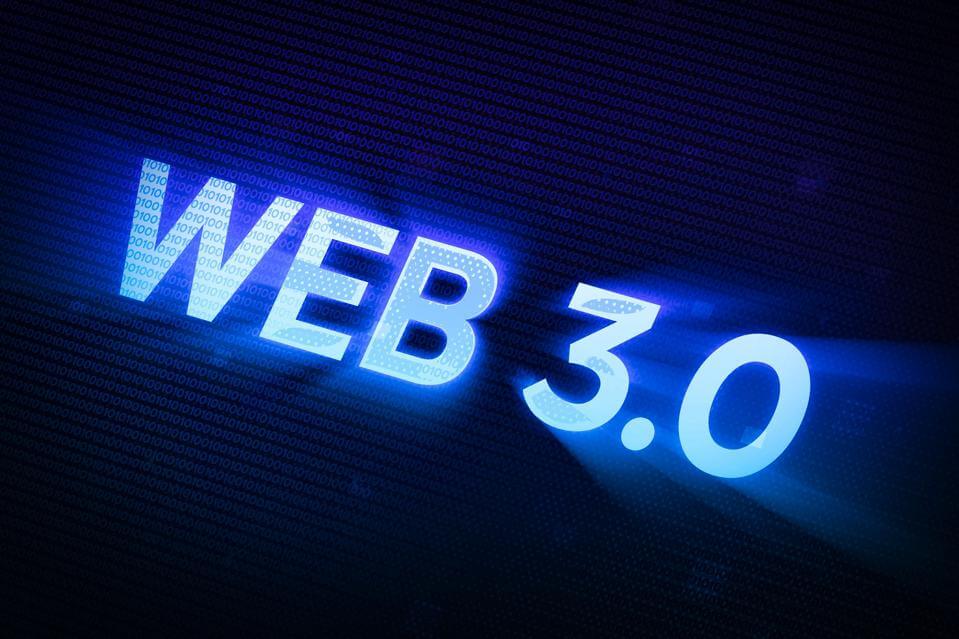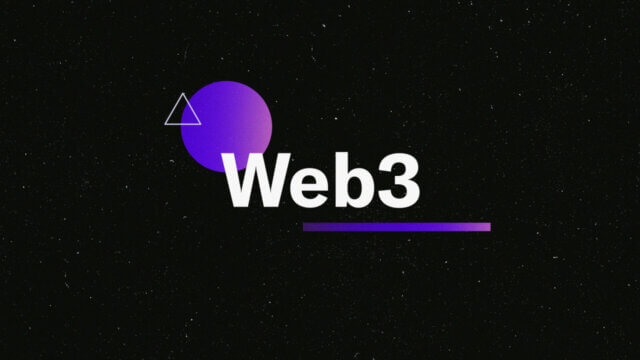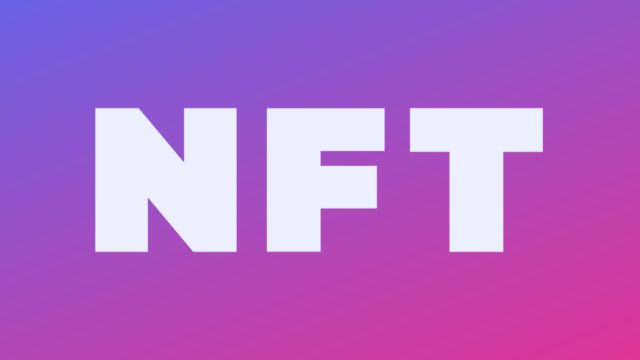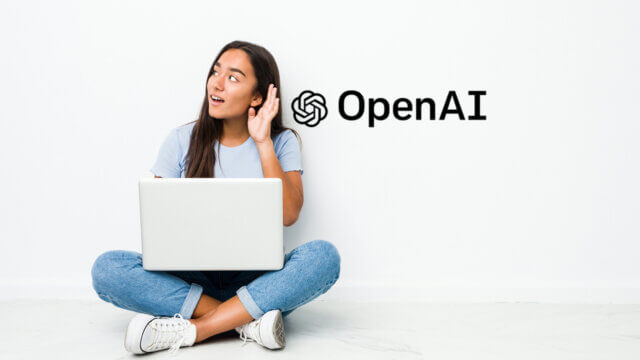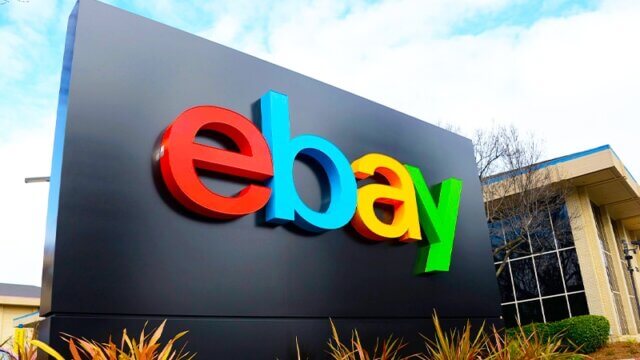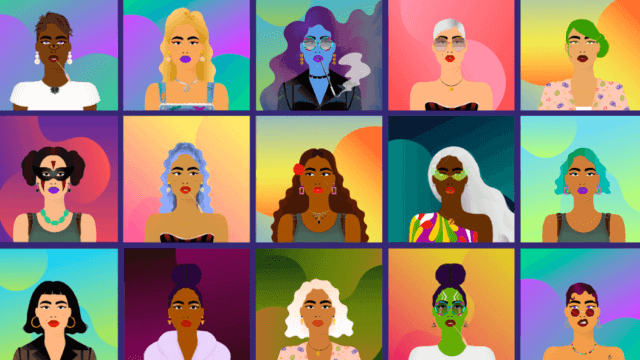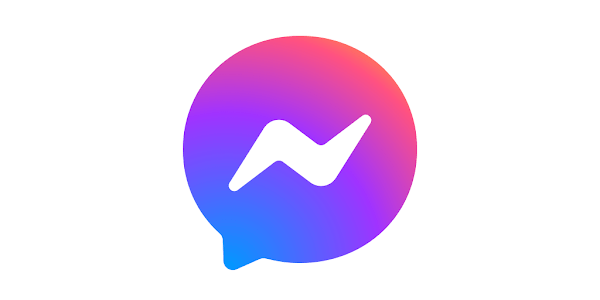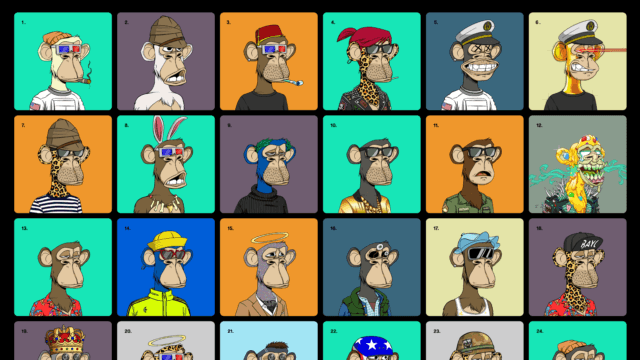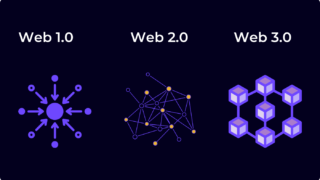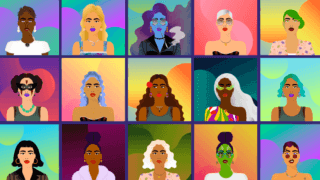The concept of self-sovereignty and the creator economy is becoming increasingly relevant in the world of web3 and blockchain technology. At its core, self-sovereignty is about giving individuals control over their own digital identity and assets, while the creator economy is about empowering creators to monetize their work in new and innovative ways.
But is there room for both self-sovereignty and the creator economy in the world of web3? In this article, we’ll take a closer look at the intersection of these two concepts and explore how they can coexist and even thrive together.
Self-Sovereignty in the Digital Age
The rise of the internet and digital technologies has brought about a new era of self-sovereignty. With the ability to create and control our own digital identities and assets, individuals now have more power than ever before to shape their own destiny in the digital world.
One of the key components of self-sovereignty is the ability to control and manage one’s own personal data. In the traditional centralized model, our personal data is controlled and monetized by large corporations and organizations. However, with the emergence of blockchain technology and decentralized systems, individuals can now take control of their own data and use it to their own advantage.
Another important aspect of self-sovereignty is the ability to control and manage one’s own digital assets. In the centralized model, our digital assets such as music, videos, and artwork are controlled and monetized by large corporations and organizations. With the emergence of blockchain technology, creators can now take control of their own digital assets and monetize them in new and innovative ways.
The Creator Economy and Web3
The creator economy is all about empowering creators to monetize their work in new and innovative ways. With the emergence of web3 technologies such as blockchain, creators can now take control of their own digital assets and monetize them directly with their audience.
One of the key benefits of the creator economy is the ability to connect directly with fans and supporters. Traditional monetization models rely on intermediaries such as record labels, publishers, and streaming platforms to connect creators with their audience. However, with the emergence of web3 technologies, creators can now connect directly with their audience and monetize their work in new and innovative ways.
Another benefit of the creator economy is the ability to create new business models. In the traditional model, creators rely on a small number of revenue streams such as album sales, merchandise, and live performances. However, with the emergence of web3 technologies, creators can now explore new business models such as tokenization and non-fungible tokens (NFTs).
The Intersection of Self-Sovereignty and the Creator Economy
At first glance, self-sovereignty and the creator economy may seem like separate concepts. However, upon closer examination, it becomes clear that they are deeply interconnected.
Self-sovereignty is about giving individuals control over their own digital identity and assets. In the creator economy, this means that creators can take control of their own digital assets and monetize them in new and innovative ways.
Similarly, the creator economy is about empowering creators to monetize their work in new and innovative ways. In the context of self-sovereignty, this means that creators can take control of their own digital identity and use it to their advantage in the monetization process.
Conclusion
In the world of web3 and blockchain technology, there is definitely room for both self-sovereignty and the creator economy. By giving individuals control over their own digital identity and assets, self-sovereignty empowers creators to monetize their work
